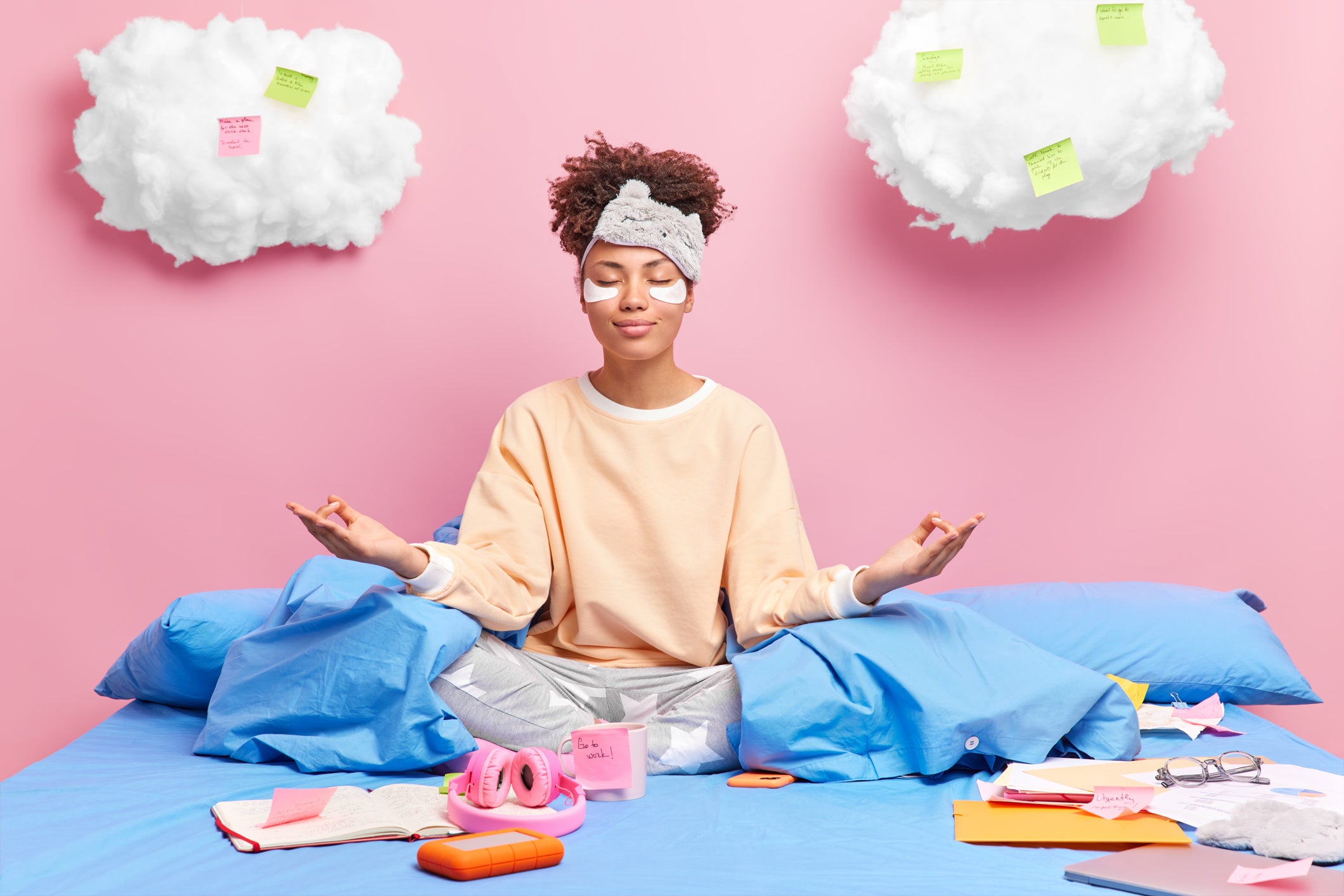
Quality sleep is important for our health. During it, the body creates melatonin (the so-called sleep hormone), which controls the hormonal and biological functions of the body. It is an important antioxidant and protects the body from stress . There is also a slowing down of breathing, a decrease in temperature and blood pressure, and thus also a rest of the whole body. The brain also indulges in relaxation, which processes the stimuli it received during the day during sleep. A lack of sleep can thus lead to psychological problems (nervousness, depression, irritability, concentration disorders), but also to a higher risk of various health problems (obesity, diabetes). If you have trouble falling asleep or staying asleep, read the do's and don'ts 1-6 hours before bed.
6 hours before bed
At least 6 hours before bed, stop drinking drinks with a high caffeine content , i.e. coffee, black tea and energy drinks. ☕ Attention, caffeine is also found in Coca Cola, cocoa beans (and chocolate) and some food supplements. Thanks to caffeine, the body produces adrenaline , the heart rate increases and we feel excited. This effect usually lasts 15-45 minutes after consumption, but caffeine leaves the bloodstream for 4-6 hours .
3 hours before bed
No food, alcoholic beverages and cigarettes 3 hours before bedtime . Many diet tips and articles advise not to eat after 5 p.m. That's bullshit. However, go to bed with a full stomach as well. Most foods take 4 hours or less to digest (poultry, cooked meat, baked goods, vegetables, dairy products, rice, …) and sleeping during the digestion process is a bad idea. There is a risk of difficulty falling asleep and waking up during the night. Foods that take even longer to decompose should ideally be avoided at dinner (smoked fish, cheeses, mushrooms, legumes, fatty meats and sausages).
As for alcohol, someone has a habit of having a drink in the evening to fall asleep, or while watching TV. It is partially true that alcohol can help you fall asleep more easily, but it also results in early awakening and a reduction in total sleep time . 🍷
And then we have cigarettes. Nicotine has a stimulating effect on the body , making it difficult to fall asleep, waking up at night and falling asleep. Therefore, ideally, do not smoke at least 3 hours before going to bed.
2 hours before bedtime
Exercise, stress and anything else that raises adrenaline is on the " not to do list " 2 hours before sleep. Turn off notifications on your mobile, don't do anything for work and don't even check email. Ideally, avoid all blue light , which is mainly emitted by the monitors of mobile phones, laptops, televisions and other electronic devices. The blue light spectrum contains sunlight, the body then thinks it is daytime and reduces the production of melatonin . We don't want to sleep then.
Also avoid greater physical activity or tasks that require more thinking. What can you do instead? Go for a walk with the dog, play music, read a book, do yoga or meditate. 🧘♀
1 hour before bedtime
Set up rituals that you will follow regularly before going to sleep and that will send a signal to your body that you are getting ready for bed. It helps a lot to go to bed at the same time every day . ⏰
Ventilate your bedroom ideally for at least 15 minutes, this will change the air and also lower the temperature in the room (at least most of the year). A suitable temperature for falling asleep is 19-21 °C . Conversely, do not leave the heating on at night, which dries out the air.
Brush your teeth, use night creams and don't forget to visit the toilet just before going to bed. It's not nice to have your sleep interrupted after a few hours for a pee "break".
Take magnesium . Magnesium Threonate has a calming effect on the brain and nervous system, reduces stress and anxiety . You can also try Mindflow Sleep , which contains not only magnesium, but also a number of other substances that help you fall asleep better, have better and deeper sleep, and support the production of melatonin.


